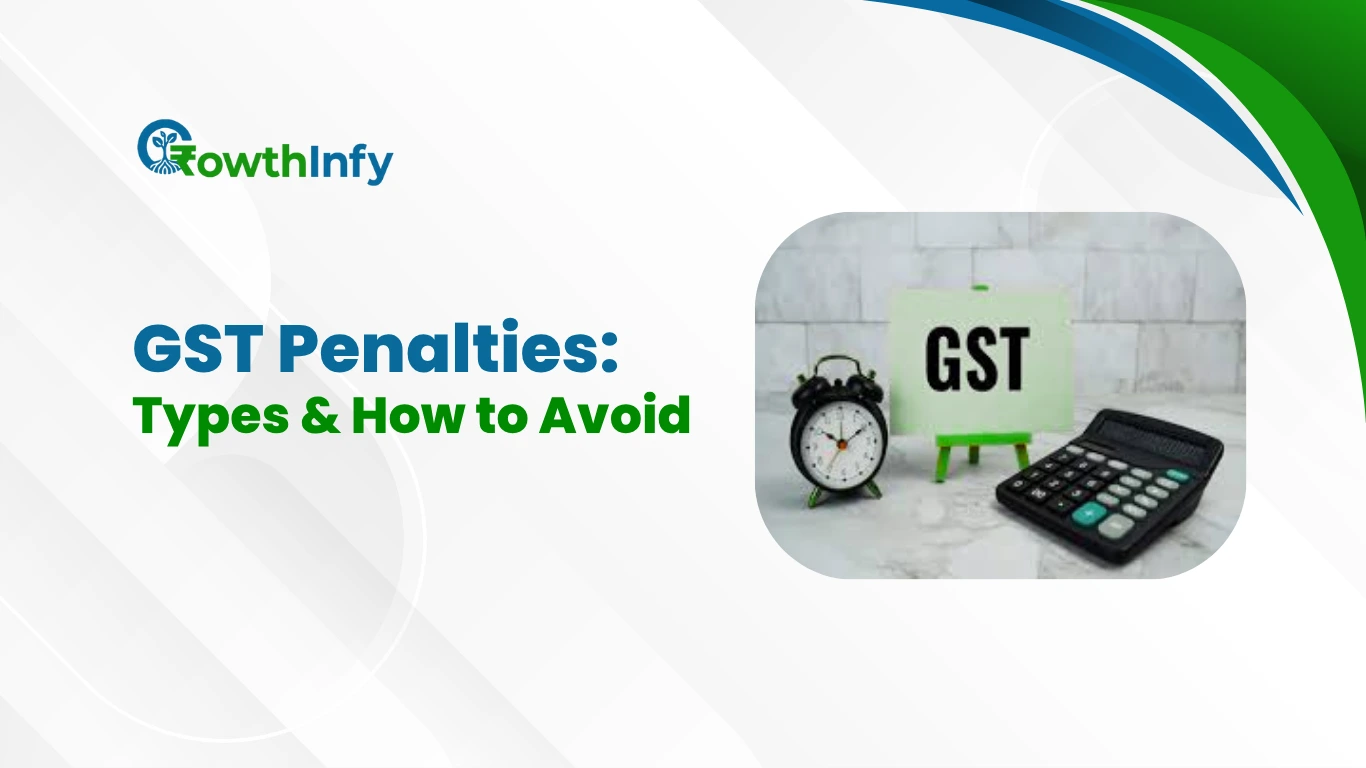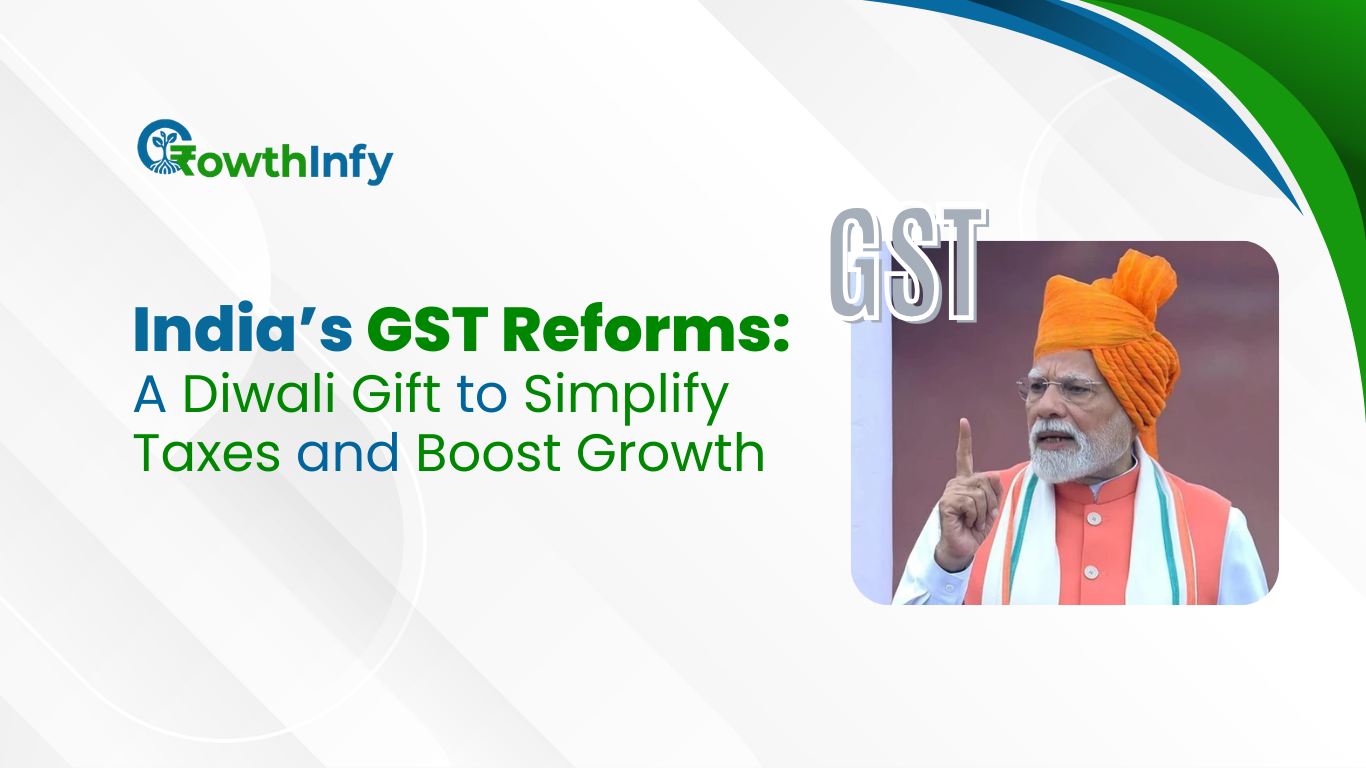GST Registration in India: 2025 Updated Guide
Goods and Services Tax (GST) in India is a comprehensive, destination-based indirect tax on goods and services. A person engaging in business is required to obtain registration under GST if he satisfies any permitted threshold limit or if the law provides for persons of a particular category to be registered for GST irrespective of threshold limits. The process of registration has been revamped recently by the Central Board of Indirect Taxes and Customs (CBIC) in order to reduce delay and promote transparency .
Who Needs to Register for GST?
Mandatory Registration
1.Registration Thresholds:₹40 lakh for goods (₹20 lakh for services) for most of the states. ₹10 lakh for special category states.
2. Interstate Suppliers: Businesses supplying goods or services across state boundaries, irrespective of turnover.
3. E-commerce Sellers and Aggregators: Any seller selling on platforms such as Amazon, Flipkart, or any other for that matter.
4. Casual & Non-Resident Taxable Persons: Temporary stall owners or foreign companies supplying in India.
5. Reverse Charge & TDS Diductors: Under reverse charge or deducting TDS have to register.
6. Voluntary Registration: The registration can be voluntarily done by any business, even if under the threshold, to avail certain benefits like input tax credit (ITC).
Benefits of GST Registration
- Legal Recognition: Gives a unique 15-digit GSTIN, improving credibility in front of buyers and authorities.
- Input Tax Credit (ITC): Enables the claiming back of GST input paid as inputs, thereby reducing the overall tax burden.
- Interstate Business: Permits a flexible expansion and sales procedure across state boundaries.
- Simplified Compliance: Merges a bunch of indirect taxes into one system, resulting in less administrative effort.
- Enhanced Credibility: Builds a high level of trust among big corporates and government tenders.
- Long Term Validity: A regular GST registration doesn’t expire (except casual/non-resident registrations, which expire 90 days from the date of registration or on the date of supply, whichever is earlier).
Documents Required for GST Registration (2025)
Common to All Types of Business:
- PAN Card (Business/Individual)
- Aadhaar Card (for identity check)
- Bank Account Details (cancelled cheque, bank statement, or passbook extract)
- Proof of Business Address (rent agreement, utility bill, or sale deed)
- Passport Size Photograph of the applicant
Sole Proprietorship:
- PAN and Aadhaar of the Proprietor.
Partnership Firm:
- Partnership Deed, PAN of firm, Address proof, PAN/Aadhaar of partners.
LLP/Company:
- Certificate of Incorporation, MOA & AOA, Board resolution, DSC
Non-Resident Taxable Person:
- Foreign registration, passport copy, PAN/Aadhaar of Indian signatory
Special Cases (SEZ Units):
- Letter of Approval/Permission from SEZ Authority.
Also Read our insightful blog on GST on sponsorship services.
Step-by-Step GST Registration Process (2025)
1.Visit the GST Portal:
Visit www.gst.gov.in, Services > Registration > New Registration.
- Select Type of Registration:Select relevant types of taxpayer, like Normal, Composition, Casual, etc.
- Enter Part A GST REG-01:
- Here enter the following business legal name, PAN, e-mail, and mobile number.
- Verify using OTP sent to mail and mobile.
- Receive Temporary Reference Number (TRN): Note the TRN available for Part B.
- Complete Part B:
- Log in using the TRN.
- Enter business details, promoter/partner information, authorized signatory details, principal place of business, and bank details (optional at this stage).
- Enter HSN/SAC code for 5 goods and 5 services.
- Upload Documents: Upload relevant documents (PDF/JPEG, max 1 MB per file, max two files).
- Authenticate Aadhaar: Biometric-based authentication of Aadhaar can grant faster approval.
- Verify and Submit: Validate and submit using DSC or EVC.
- Receive ARN: Track the status of an application using ARN.
- Get GSTIN: Receive the GSTIN and GST REG-06 certificate upon approval.
Processing Time, Fees, and Verification
- Processing Time: Usually takes 2 to 6 working days where documents are correct and verified. Complex cases may even take up to 15 days.
- Fees: There is no government fee for GST registration. However, professional bodies may charge for assisting clients.
- Verification Process: Aadhaar authentication is mandated all over the country for faster approval. Physical verification happens only in cases where Aadhaar authentication has not been used or discrepancies crop up. Senior officer(Joint Commissioner) approval is mandatory for physical verification, which has to be documented with an intimation given beforehand.
- Penalties: Failure to register when required to shall invite a penalty amounting to 10% of tax due or ₹10,000 whichever is higher.
Key Updates and Best Practices (2025)
- Strict Document List Adherence: Officers must only request documents listed in FORM GST REG-01. Additional documents cannot be demanded without specific approval .
- Enhanced Accountability: Physical verification now requires prior approval from a Joint Commissioner, reducing harassment and delays
- Aadhaar Authentication: Biometric-based Aadhaar authentication is mandatory for most applicants, speeding up the process and reducing the need for physical verification .
- Transparency and Timeliness: The CBIC has emphasized minimal queries and timely approvals to support genuine businesses .
Common Mistakes to Avoid
- Incorrect PAN Details: Legal name must not differ from PAN.
- Blurry/Invalid Documents: Clear, recent, and valid documents required.
- Mismatch in Address: Address proof has to match the declared place of business.
- Expired DSC: For companies/LLPs, the Digital Signature Certificate should be valid.
- Delay in the OTP/TRN Verification: OTP and TRN are time-sensitive.
- Ignoring Updates: Constantly update oneself with changes in GST rules and guidelines.
- Incomplete HSN/SAC Codes: Rejection can occur if there is an inaccuracy in the code for goods/services.
FAQs
No, if the turnover is below the threshold. However, voluntary registration is allowed for claiming the input tax credit.
What is the validity period under GST?
The normal registration is permanent; registration for casual or non-resident suppliers is valid for 90 days or the period of supply.
Can details be amended post-registration?
Yes. Such amendments can be done using Form GST REG-14.
What if I am not registered when required to do so?
A penalty of 10% of tax due or Rs.10,000, whichever is higher.
Is it mandatory to provide bank details at the time of registration?
No, it is optional. In the case of providing bank details later, the same should be updated within 45 days post-registration by an amendment application.
How can I check the status of my application for registration?
Using ARN on the GST Portal (Services > Registration > Track Application Status).





Pingback: GST Composition Scheme: Benefits for Small Businesses in India - Growthinfy
Pingback: Sponsorship Services Under GST: A Comprehensive Guide - Growthinfy